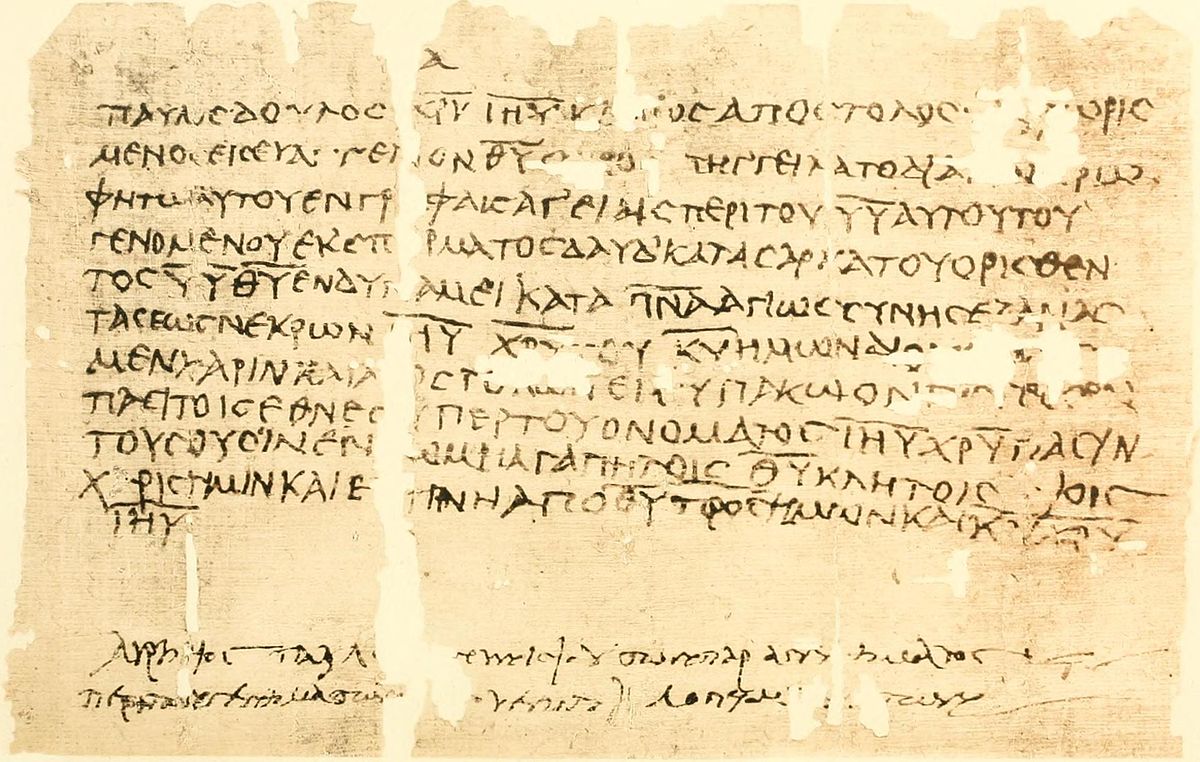Therefore is an important word. It tells us to look back, because what follows goes with what precedes. These verses explain the significance of Christ dying for the ungodly, of Christ reconciling lost sinners to the Father. These verses make it clear that Christ’s death and resurrection are the single most significant events in human history. Before Christ came, the most significant event was the fall into sin, which brought death into the world. The lingering impact of that event was clear, because all died, whether slowly or quickly, after leaving the womb. The very same womb that brought forth life in essence brought forth death. But a better, greater, more significant event would come, as God promised, through the more blessed womb of a virgin.
Christ came. God became man. Did you stop to think about those two short sentences, those five words? Probably not, because we speak of these things as if they were old news or run of the mill events, but they are not. Christ came. God became man. Life was sown through death so that through dying we now enter life. Christ has done what no man can do: he has cured death. Christ has done what no man can do: he has restored paradise. Christ has done what no man can do by undoing what man has done. Christ has done what no man can do by becoming man.
Grace abounds. Undeserved love abounds. Grace and love abound because Jesus Christ was shown no grace and was stripped of his Father’s love on Calvary. Christ drank the cup of God’s wrath down to the dregs so that the cup of his grace may never run empty, always flowing with his blood as the widow of Zarapheth’s oil jar once flowed with oil. Sin abounds, but grace abounds more. Death abounds, but life abounds more, for no longer do we Christians die, but rather sleep to awake at our Lord’s return. The Seed of Adam was placed in the ground and died, as seeds do. But the Seed did not stay dead, but rather brought forth what Adam could not: a harvest of life. We too like him will die, but we will not die Adam’s death. We will die the death of our Savior, the Seed, which is no death at all, but a new birth into life. Grace abounds.

